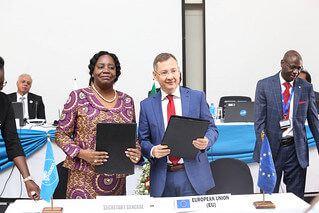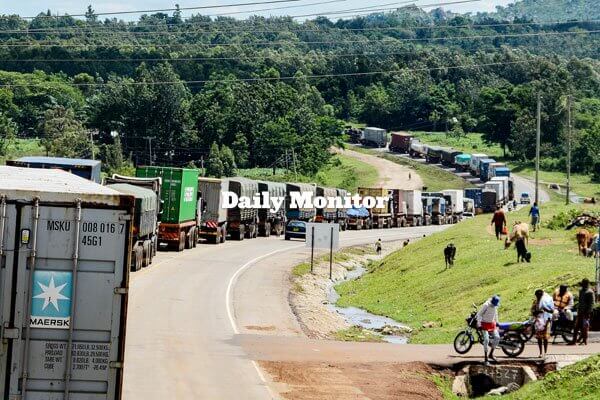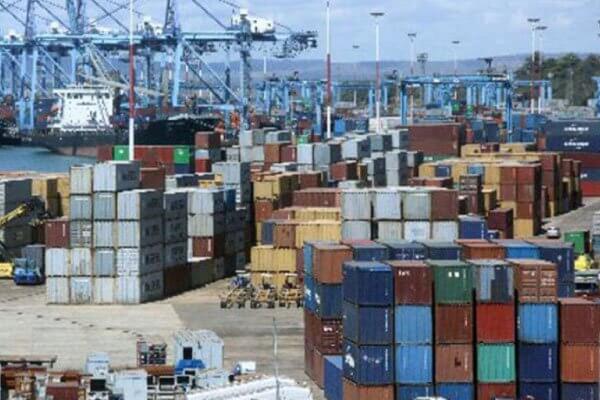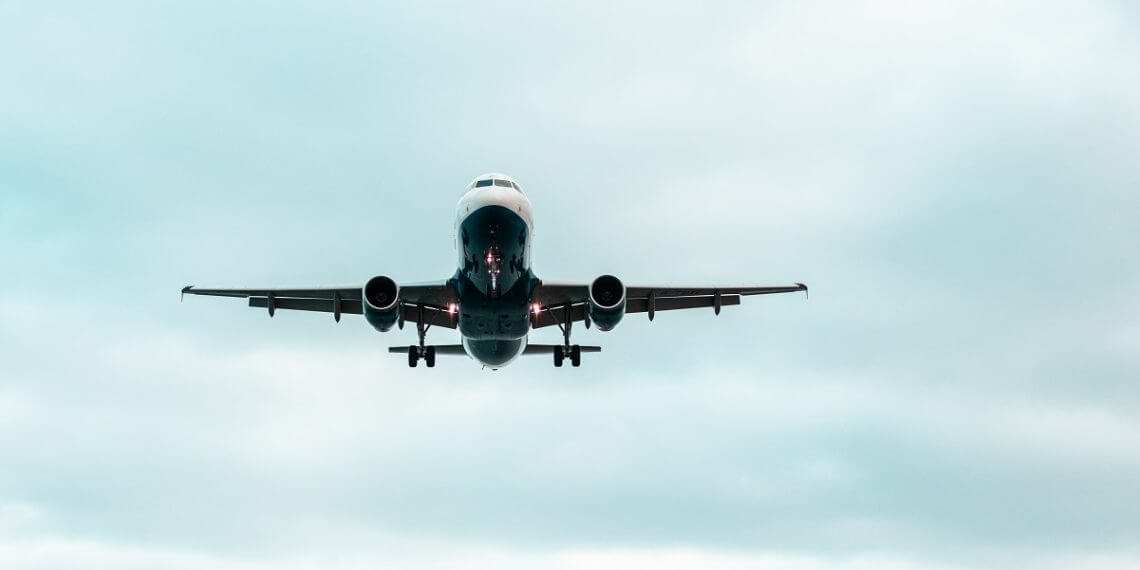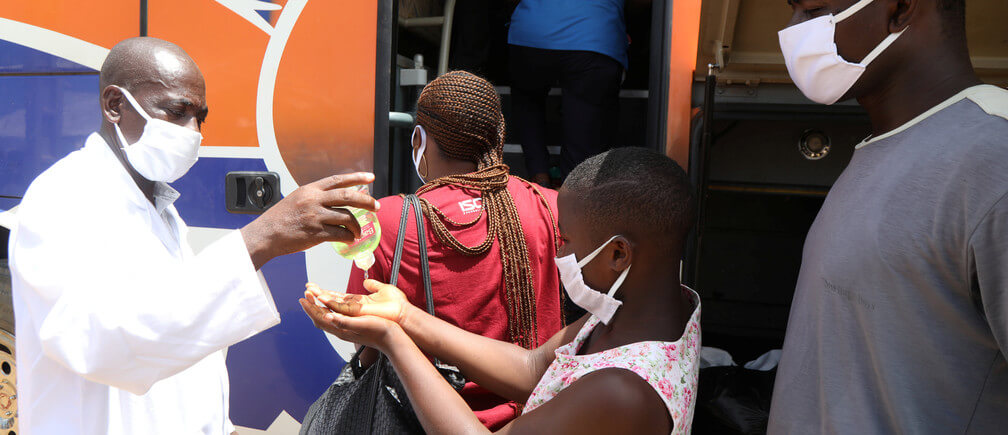The European Union and COMESA have signed 8.8 million Euros Contribution Agreement to increase private sector participation in sustainable regional and global value chains through improved investment/business climate and enhanced competitiveness in the COMESA region. The funds will be used to implement the Regional Enterprise Competitiveness and Access to Markets Program (RECAMP), focusing on agro-processing, horticulture and leather products. RECAMP will also support pre-selected value chains based on the potential to generate value addition, job creation and attraction of investments to the region. The EU Ambassador to Zambia and Permanent Representative to COMESA, HE Jacek Jankowski and Secretary-General to COMESA Chileshe Kapwepwe signed the Agreement. RECAMP will address critical issues, such as the provision of business information, facilitating market linkages, harmonizing regional industrial policies and creating a conducive business environment to attract investments. It will strive to ensure collaboration with activities of national trade support institutions and business development and service organizations in the Member States as they provide services to value chains as part of their mandate. These include product development; facilitate technology transfer, provision of business intelligence and connection to buyers. The program will identify champions or lead firms within the selected value chains that have both backward and forward linkages with SMEs and other intermediary firms in order to enhance effect coordination reduce coordination failures and improve competitiveness. In her remarks, Ms Kapwepwe said the program will make efforts to enhance the capacities and skills of Micro, Small and Medium Enterprises to make them capable players in...
EU And COMESA Sign 8.8m Euros Deal To Support Private Sector
Posted on: June 16, 2020
Posted on: June 16, 2020

